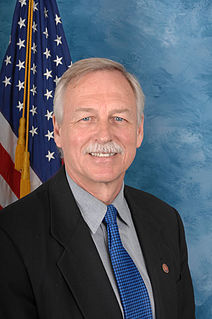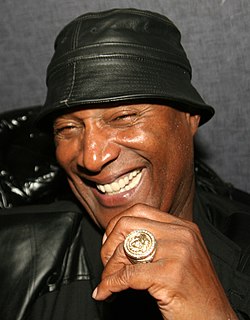A Quote by Gwen Ifill
When population shifts - brought about by fair housing laws, affirmative action and landmark school desegregation rulings - political power is challenged as well.
Related Quotes
Affirmative action is not going to be the long-term solution to the problems of race in America, because, frankly, if you've got 50 percent of African-American or Latino kids dropping out of high school, it doesn't really matter what you do in terms of affirmative action. Those kids aren't going to college.
Too often the result of affirmative action has been an artificial diversity that gives the appearance of parity between blacks and whites that has not yet been achieved in reality...Preferences tend to attack one form of discrimination with another...Affirmative action encourages a victim-focused identity, and sends the message that there is more power in our past suffering than in our present achievements.
The problem is that affirmative action could never really get at the issue of corporate power in the workplace, and so you ended up with the downsizing; you ended up with de-industrializing. You ended up with the marginalizing of working people and working poor people even while affirmative action was taking place, and a new black middle class was expanding.
Most important, [research on affirmative action] has completely failed to show that affirmative action ever closes the academic gap between minorities and whites. And failing in this, affirmative action also fails to help blacks achieve true equality with whites - the ultimate measure of which is parity in skills and individual competence. Without this underlying parity there can never be true equality in employment, income levels, rates of home ownership, educational achievement and the rest.































